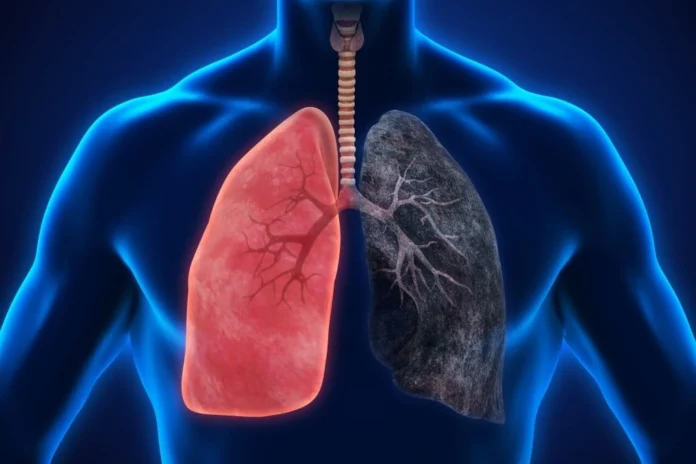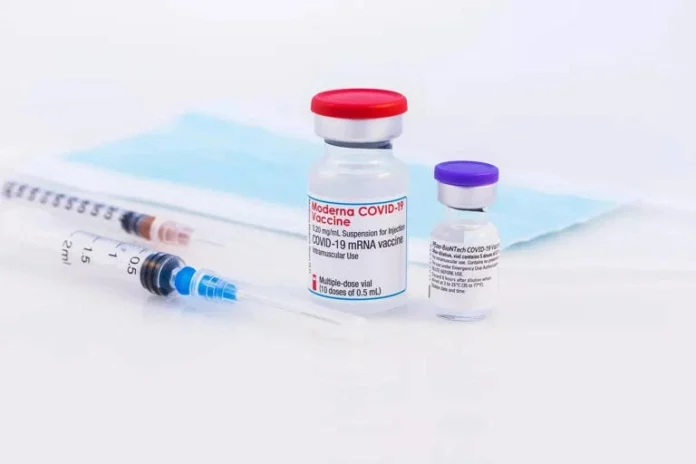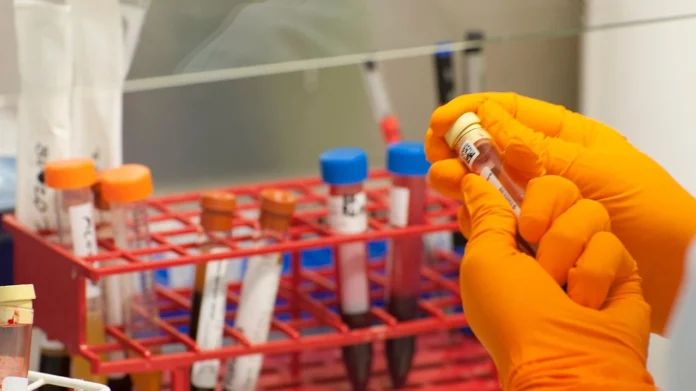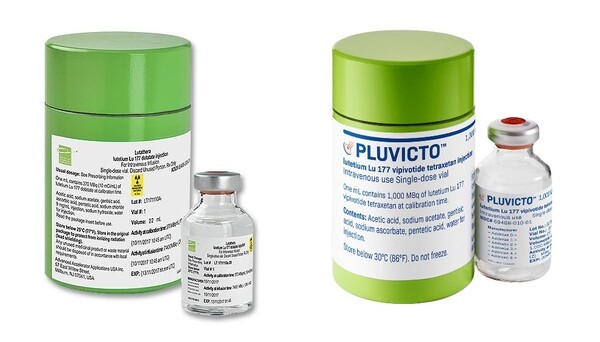5 ways smoking causes damage beyond lungs and heart, and issues from herpes to infertility
Are you a smoker – or does someone you love smoke? If so, you, or they, have almost certainly had family, friends or colleagues give them reasons to stop.
On World No Tobacco Day, we are reminded that most smokers themselves would like to quit – even if they will not admit it.
In 2022, more than two-thirds (67.7 per cent) of the 28.8 million US adults who smoked cigarettes wanted to quit, more than half (53.3 per cent) tried to quit, but fewer than 10 per cent succeeded, according to the US Centres for Disease Control and Prevention (CDC).
Grisly photos on cigarette packs warn of smoking’s dangers, but do not go far enough, says Tony Mok, professor of clinical oncology at the Chinese University of Hong Kong.
“The horrid pictures are merely a visual tool, but not an educational one,” he says. “The potential harm [from] tobacco smoking is too extensive to be listed on cigarette packets.”
How much harm does it cause? Tobacco use remains the leading cause of preventable death worldwide. According to the World Health Organization, it kills more than 8 million people each year, including an estimated 1.3 million non-smokers who are exposed to second-hand smoke.
In the United States, according to the CDC, smoking and second-hand smoke exposure kills more than 480,000 Americans each year, while more than 16 million Americans are currently living with a tobacco-related illness.
We know the habit is particularly hard on the lungs and heart.
A person who smokes a packet of cigarettes a day will inhale a cup of tar over a year, the American Lung Association says. The lungs will filter out this sticky black substance as best they can. But much of it builds up, turning lungs black instead of healthy pink – leading to lung disease, including cancer.
The chemicals inhaled through smoking cause damage to the heart and blood vessels, too, including plaque build-up in the arteries that triggers heart disease.
While people tend not to think of smoking risk beyond the heart and lungs, tobacco use has impacts on almost every major system in the body. Here are five that are often overlooked.
- The musculoskeletal system
The body’s framework of bones, muscles, joints and the connective tissues that link and support them is greatly affected. How? Here are two key ways.
Smoking affects bone density, accelerating bone loss – which will put a person at risk of osteoporosis, meaning the danger of them breaking bones rises. Smokers have a much higher risk of hip fractures.
Meanwhile, nicotine interferes with healthy blood flow to the spinal discs, which can make back pain worse. A recent study concluded that smokers have an increased risk of back pain.
The good news? Quitting smoking lowers these risks.
- The integumentary system
The body’s outer layer and largest system is made up of skin and nerves, hair, nails and the sweat and mammary glands.
Smoking’s effects on this system are easy to see: the nails and fingers of a heavy smoker will often be stained yellow. Tobacco use is also linked to premature skin ageing, seen in dry skin and wrinkles – and thinning hair.
The body’s ability to heal itself is slowed in smokers, causing persistent wounds and an increased risk of infections.
Smokers are more prone to psoriasis, an inflammatory and painful autoimmune skin condition, and have a poorer response to its treatment.
- The digestive system
While smoke enters through the mouth and nose into the airway and lungs, its toxic matter reaches the stomach through saliva and is absorbed into the bloodstream, where it circulates throughout the body.
All organs along the digestive tract, from the mouth, through the oesophagus, stomach, pancreas, liver and colon to the rectum, are at risk.
A smoker has up to a 60 per cent higher risk of colorectal cancer than a non-smoker, and is up to six times more likely to develop bladder cancer.
- The reproductive system
Tobacco use can cause fertility problems in men and women: infertility rates in smokers are about twice that of non-smokers.
A drooping cigarette pictured on a packet of cigarettes points to the effect the habit may have on men: erectile dysfunction. It can also damage sperm.
Smoking can make it more difficult for women to conceive and increases the risk of never becoming pregnant.
It can lead to complications during pregnancy, and may harm the unborn child.
Because it causes DNA mutations, it can affect chromosomes even before conception.
Women who smoke are also at higher risk of early menopause.
- The immune system
Many of the chemicals in cigarette smoke can cause the immune system to work less effectively in fighting against disease and infection. Smokers can fall ill more often – and have worse symptoms – than non-smokers and take longer to recover.
Not surprisingly, smokers are much more susceptible to respiratory tract infections than non-smokers.
Studies have found that smokers had double the risk of developing a common cold than non-smokers, and their risk of pneumonia was nearly four times as high.
Smoking also affects the defences of the mucous tissues in the cervix and mouth. This makes the body less efficient at clearing human papillomavirus infection, or HPV.
While smoking does not cause HPV, it makes its consequences much worse – it can increase the risk of genital warts and cervical cancer.
A recent study also highlighted the significantly increased risk to smokers, particularly current smokers, of both herpes simplex virus (HSV) 1 and 2 infections compared to non-smokers.
HSV, a common infection that can cause painful blisters or ulcers, primarily spreads by skin-to-skin contact. It is treatable but not curable.











